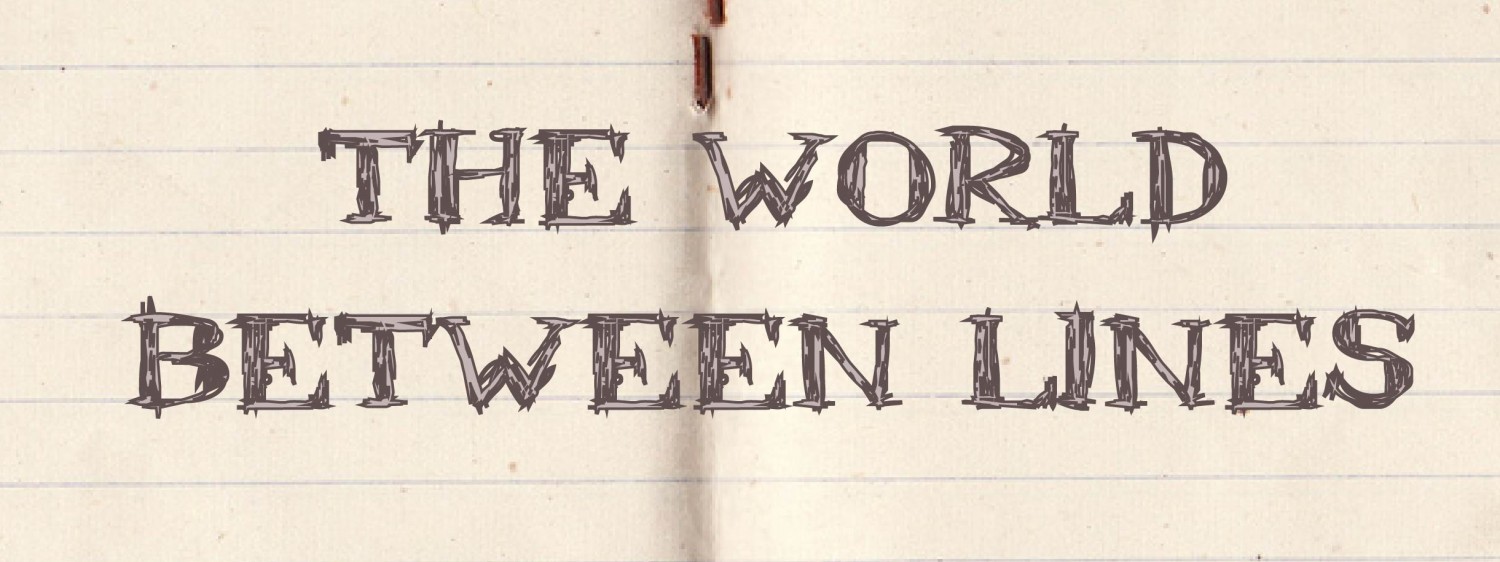Yet again, another sordid scandal plagues college football. Another powerhouse accused of non-compliance. Another messy saga for a sport that, as much as we seem to love it, is as warped and seedy as 1920s politics.
But instead of one Boss Tweed, we’ve got thousands.
On the heels of Ohio State’s players trading memorabilia for tattoos, and former coach Jim Tressel knowing about it all along, comes the predictable scandal at the University of Miami.
Predictable because if there’s trouble, The U can find it like it’s players can the NFL.
Basically, a booster with a money tree showered athletes with all kinds of gifts and lots of people knew about it.
By law, I think I’m required to restate the accusations in the Yahoo! Sports report just so you can be stunned at the sheer stupidity of it all. So here we go…
Former Miami booster, Nevin Shapiro, who surprisingly is serving a 20-year prison sentence for masterminding a $930 million Ponzi scheme, says he gave impermissible benefits to 72 of the university’s football players – as well as other athletes – between 2002 and 2010.
These impermissible benefits include: money (and lots of it), cars, yacht trips, jewelry, televisions, sex parties and meals. Shapiro says he paid for an abortion for one player and an engagement ring for another.
The list of players include a who’s who of Miami’s all-stars over the past decade: Vince Wilfork, Devin Hester, Willis McGahee, Antrel Rolle, Jon Beason, Jonathon Vilma, Tyrone Moss, current quarterback Jacory Harris and the late Sean Taylor.
Allegedly, at least six coaches and as many as 10 employees of the athletic department were aware of Shapiro and his salacious activities.
“Hell yeah, I recruited a lot of kids for Miami,” Shapiro said. “With access to the clubs, access to the strip joints. My house. My boat. We’re talking about high school football players. Not anybody can just get into the clubs or strip joints. Who is going to pay for it and make it happen? That was me.”
Don’t think you can believe a convicted Ponzi schemer? Fine. Perhaps you’ll believe the 100-plus hours of research and verification done by Yahoo! Sports on the report over 11 months.
“I did it because I could,” Shapiro said. “And because nobody stepped in to stop me.”
Granted, Shapiro comes off in the report like a pathetic wannabe, a jock sniffer who actually thought he was friends with these athletes, not because of the money and services he provided them, but because they liked him. So he’s mad that they’ve distanced themselves from him and it’s payback time.
But without question, there’s a bigger problem that yet another scumbag getting his hands on a major university and it’s football program.
There is a problem with the ethics and morals of the athletes, to some degree. And there’s certainly a problem with the morals and ethics of those in the athletic departments and coaching staffs.
I’m tired of people claiming you can’t blame an 18-year-old for taking money, cars and clothes. You can.
We need to come up with some sort of definitive answer on where we stand with 18-year-olds. They can vote. They can fight for our country and hold a gun. But they can’t know right from wrong and not take payments from boosters? How many times do we have to go over this?
Would I take the money? Even at 18, I honestly don’t think so. But I don’t really know. I’m not 18 anymore. I would have been terrified of getting caught. I would have been shamed beyond belief if my parents found out.
But that’s not fair. I’m not them. None of us are. We don’t know the circumstances or the pressures. So it doesn’t matter what we would do. What matters is what all these so called student-athletes are doing. It isn’t 1965. We can’t continue to sweep this under the rug. Because no matter who is to blame, it’s not OK.
There are rules and they are there for a reason. College athletics are not professional. You are not paid to play. You receive a free college education. There is a trade off.
We have rules to keep us all in check. We’re only as good as the honor we have in upholding them and the justice system that punishes for breaking them. For example, if I run a red light or speed, it’s a risk. Ten years ago, you could run a red light and without the police there at the time, you wouldn’t be caught or punished. Now, nearly every stoplight has a camera. They will find you. And you will pay.
Except the very people who set the rules, enforce them and support them don’t seem to see the hypocrisy of what they do.
A corrupt BCS system has followed a corrupt bowl system. Athletes are given bags of “swag” with tons of valuable goodies for going to bowl games, but can’t have a job in order to have gas money. Schools are jumping conferences all in the name of exposure and money, but don’t let Tim Tebow see a dime of millions earned from selling his No. 15 Florida Gators jersey or having his likeness appear on the cover of a video game.
The University of Texas can threaten to bolt the Big XII only to stay because they are given their own TV channel, but student-athletes don’t have negotiating rights, of any kind.
So let’s be real – we lost the whole student-athlete part a long time ago.
Even though 90 percent of athletes won’t play professional sports, it’s the 10 percent who do that get all the attention. Even though the BCS only affects 10 percent of college football teams, it gets all our attention.
The NCAA can have all the corporate partners it wants, get money for exploiting college athletics, but it won’t allow for a per diem larger than a McDonald’s happy meal. Schools can have corporate partners, conferences get TV deals and coaches can earn a million dollars per year, yet they all say it’s about growing young men and women and working with student-athletes.
No, no it’s not. It’s about wins. It’s about championships. It’s about your school’s brand. It’s about money.
The NCAA is the very definition of hypocrisy. From university presidents to coaches, boosters to athletes, the entire college football system is about as shady as an oak tree. And it’s everywhere.
Miami is just the latest school in a long line of NCAA investigations involving college football and some of its most successful programs. In just the past 18 months, USC, Ohio State, Auburn, Oregon, Michigan, North Carolina, Georgia Tech and LSU have either been investigated or sanctioned for infractions. There are too many to list over just the past decade.
So if you think this is going away, keep telling yourself that. Keep that oblivious attitude. Stick your head in the sand, join the crowd. Join the NCAA in it’s ridiculous attempt and revisionism. Crack jokes about them making schools vacate wins and championships.
Or, for once, everyone could grow a spine and do what’s needed.
We need to blow up the NCAA and it’s rule book.
Figuratively, of course.
The NCAA is a house of cards, built by revisionists who stick their heads in the sand, investigate when someone blows a whistle and hand out death penalties. A death penalty for Miami won’t teach the next school a lesson – because it’s already happening somewhere else.
We have rules to check us all in check. We’re only as good as the honor we have in upholding them and the justice system. If I run a red light or speed, it’s a risk. Ten years ago, you could run a red light and without the police there at the time, you wouldn’t be caught or punished. Now, nearly every stoplight has a camera. They will find you. And you will pay the ticket. Do it too many times, you lose your license.
So blow it up. All of it. Rewrite the rules for modern times.
I don’t want them to pay student-athletes and I don’t think that will fix the larger issue. But maybe it’s worth a shot to really look into it.
Get the agents out of college athletics. I don’t care how, but do it. Make it a federal offense to give money to a student-athlete. Make it a jailable offense to take money from a booster or an agent or anyone as a student-athlete. We have to start making them feel it, too. Just because you are now in the NFL doesn’t mean you shouldn’t be punished. Perhaps schools who get hit three times have to give up all college athletics for five years.
It’s time to wash the system clean, a baptism of sorts. Hit restart and build the NCAA around what’s real, what works and still manages to build integrity, honor and reward the talented, hard-working student-athletes the right way.
Maybe these are terrible ideas. But they are at least ideas. What does it take to make sweeping changes, because my head isn’t buried in the sand.
Is yours?
Better yet, is the NCAAs?
If so, let the cards fall where they may.


